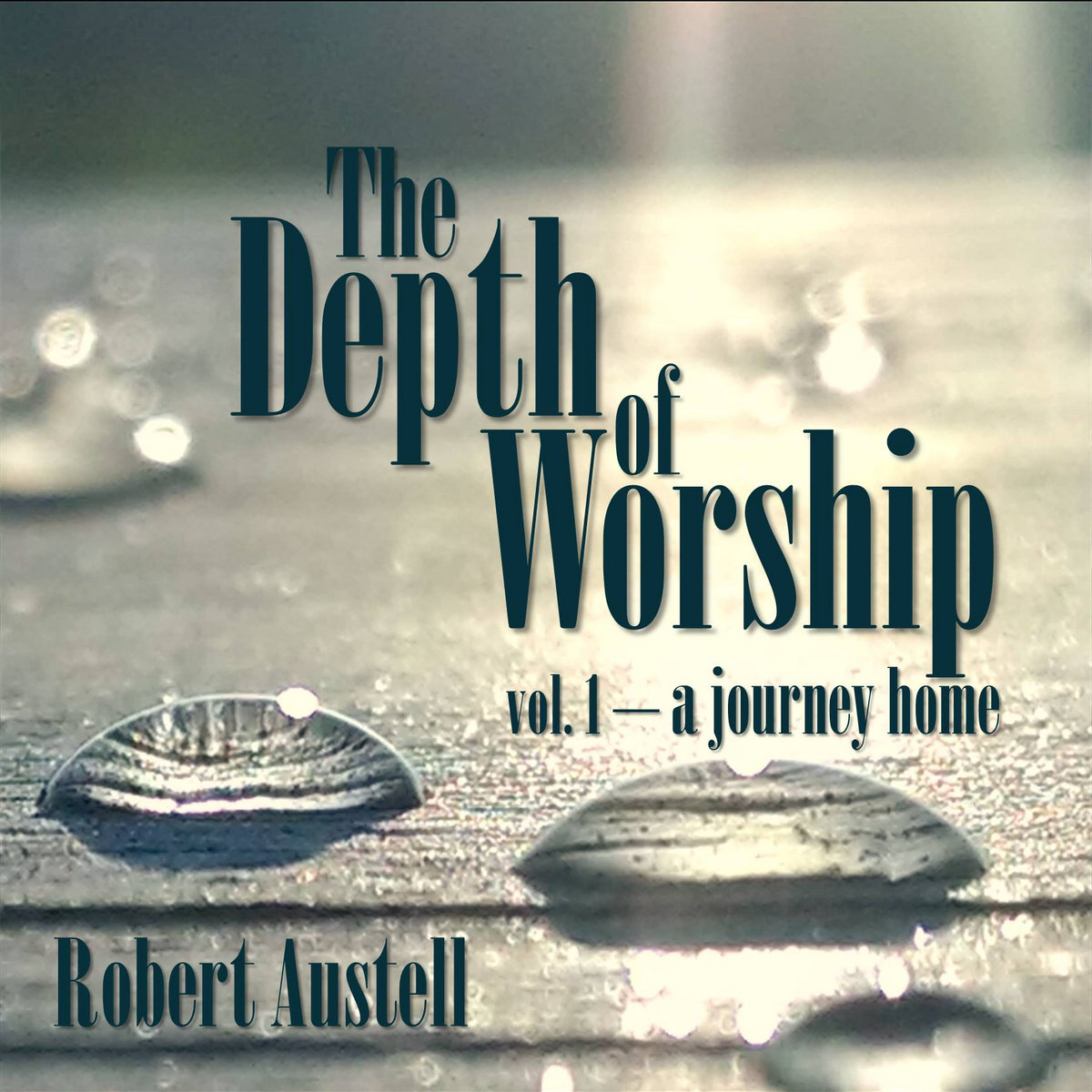top posts and sermons of 2013
Often bloggers will end the year with a review of "top posts." I'd like to do this for my blog and for my preaching. I am listing the "top posts" by the view count stat, accounting for the date posted (and how long each has been "up"). Feel free to read, share, or comment!
Top Blog Posts
- Bluegrass Sunday - video, music, and liturgy from a bluegrass-styled worship service with three area churches
- NextChurch 2013 - reflections on the Charlotte gathering of this movement and some of the shared vision with those in other parts of the church
- Good Friday: The Reach of Love - an original song written about the events of Good Friday
- Presbytery Vision - reflection on the (positive) developments in the life of one regional church body
- What is Christian Music? - reflection on "Christian music" and the role of Christian artists in the world
- On Selfie's and Other Online Behavior - some reflections on teen social media behavior
- Mary (Luke 1:26-38) - Mary's "testimony" over a life-time in relation to Jesus (12/09/13)
- Wisdom and Humility (Proverbs 1:1-7) - on listening to, learning from, and obeying God (09/01/13)
- Baptism as Sacrament (John 3:22-4:3; Matthew 28:16-20) - one of a number of sermons on baptism (here for the whole series)(10/06/13)
- Thankful for a King (Matthew 2,21,27; Revelation 17:14) - a look at the kingship of Christ throughout scripture (11/17/13)
- Transformational God (2 Corinthians 1:1-11) - personal sharing of my weight loss and the power of God to transform us (11/03/13)
What stands out in my mind are several series I really enjoyed and learned from myself. I've linked the indexes below.
- Jonah Series - Jonah was pretty much a wretched guy; we get a good, long look at the extent of God's love for the world
- Lazarus Series - we spent a number of weeks slowly working through the Lazarus story and the significance of resurrection for us in daily life
- Summer "Soak in the Word" Series - all summer we looked at well-known verses and studied them in context; we not only learned a lot about those individual and diverse texts, but also about how to read and study the Bible
- Baptism Series - we spent six weeks (!) on baptism; highly recommended if you want to better understand this important sacrament of the church


.JPG)
.JPG)







